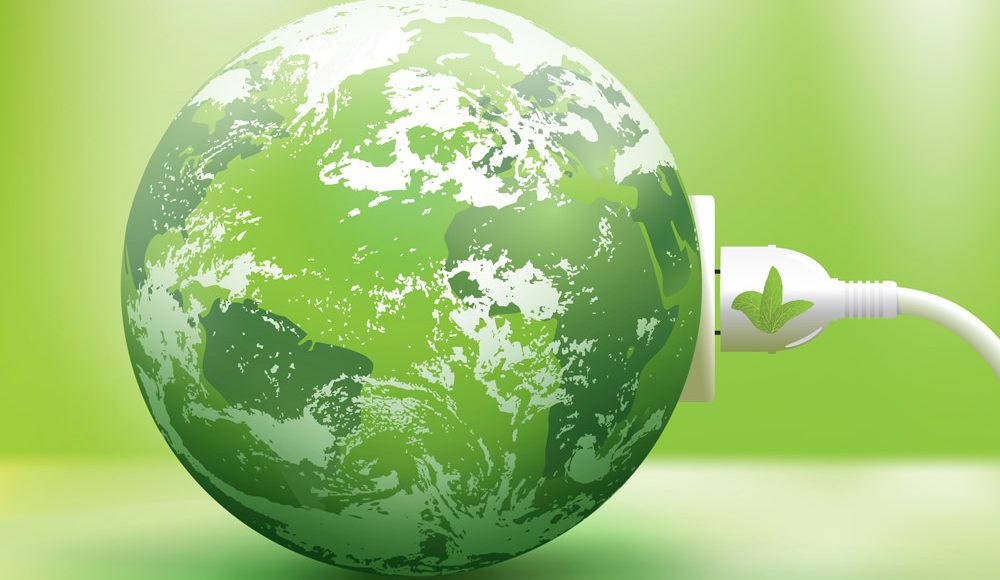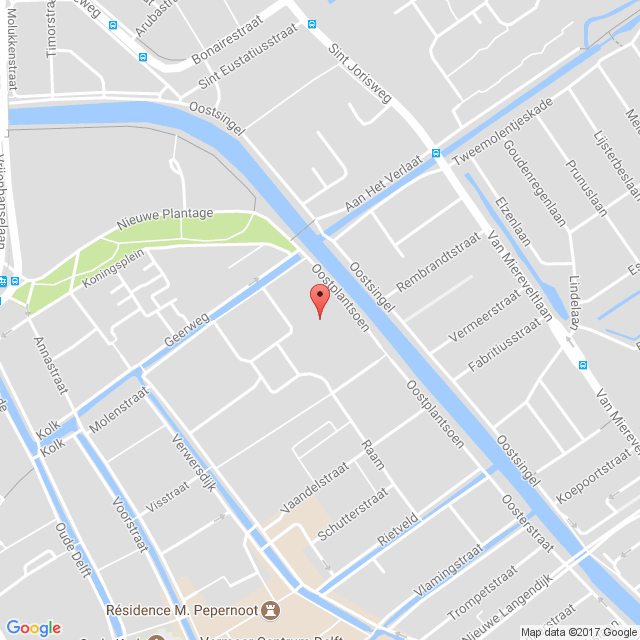Recording: Bèta Balie: North Sea als energiebron | energie en offshore
sprekers:
Ewald Breunesse (Shell Nederland)
Joop Roodenburg (oprichter De Buccaneer)
Femke Hoogeveen (start-up: Circulair Energy)
Seriena Bal (moderator De Buccaneer)
Ewald Breunesse (1955) holds a masters’ in spatial- and business economics of the Free University in Amsterdam. In 1995 he obtained his Ph.D. on the thesis “Vision of pensions in the 21st century”. He started his career in food retailing, followed by retail banking and joined Shell in 1983. In Shell he was subsequently head marketing research, strategist in the Shell Pension Fund, corporate strategist in Shell Netherlands and change manager Retail. From 2000 to 2005 he was business manager of Shell’s electricity business in the Netherlands. His current position is Manager Energy Transitions. He is also communications focal point for Shell Netherlands on Shell’s long term scenarios in the media, for government, companies and (knowledge) institutes.
The North Sea has been an important source for countries such as the Netherlands, UK, Germany, Denmark for many centuries. Trading, fishing and more recent functions like Oil and Gas, sand production, military and Natura 2000 environmental zoning make the north Sea one of the most busiest seas of the World. Spatial planning for shipping lanes and claims from upcoming wind farms is challenging.
From an energy production viewpoint, the North Sea is going through a transition from Oil and Gas towards Windpower and Hydrogen. How will this play out over the decades to come? System integration is one of the buzz words: connecting the existing infrastructures of Oil and Gas with the new of powerlines for Electricity and pipes for Hydrogen.
Currently there are many initiatives and study projects going on, amongst others System Intergration Offshore Energy (TNO et al), Gas meets Wind (Nogepa et al), The North Sea Opportunity (WEC), North Seas power: the resource at our shores (EU High Level Group).
There is a lot to do offshore, but also onshore where the energy lands to be converted, stored and redistributed to end consumers with a major role for the North Sea Ports.
Circulair Energy is een Nederlands bedrijf dat schone stroom wil produceren uit de Noordzee. We doen dit door het ontwikkelen van kleine gasvelden, het gas om te zetten in stroom en de stroom naar land te brengen. De CO2 die vrijkomt bij de productie van stroom uit gas wordt opgeslagen in de gasvelden en vormt dus geen belasting voor het milieu.
Energietransitie – achtergrond
Nu de traditionele energievoorraden duidelijk minder worden is er een grote energietransitie aan de orde. In Delft is veel kennis op dit gebied aanwezig en het ligt voor de hand daar regelmatig aandacht aan te besteden.
Opzet
De Buccaneer is een broedplaats voor startende bedrijven in de energiesector en offshore. Een mooie gelegenheid om op de hoogte te worden gesteld van de laatste ontwikkelingen en contacten te leggen tussen partijen die actief zijn op dit gebied. Er worden vier bijeenkomsten georganiseerd waarbij steeds een onderwerp wordt belicht vanuit diverse invalshoeken. De bijeenkomsten vinden plaats op donderdag en een keer op dinsdag om 20.00 uur in de ruimtes van de diverse partners.
Locaties:
Buccaneer: Paardenmarkt 1A, Delft
Prinsenkwartier: Sint Agathaplein 4, Delft
Theater de Veste: Vesteplein 1, Delft


